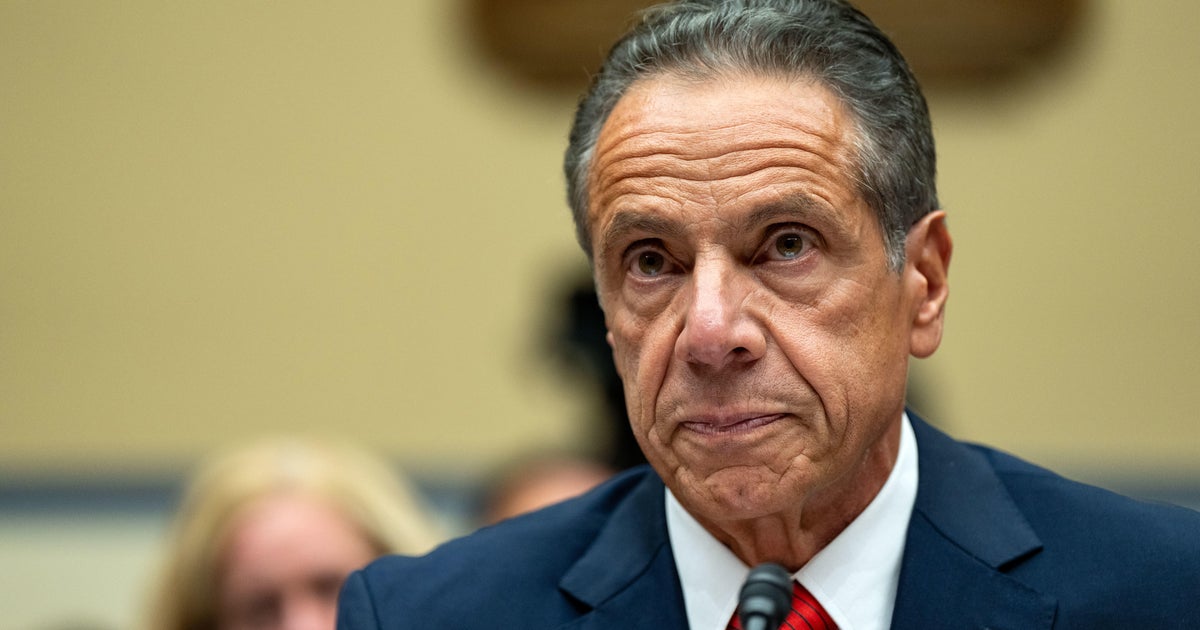NYC public employees among 19 accused of pandemic aid fraud
NEW YORK — Nineteen people, including 17 New York City and New York state public employees, were charged in a federal complaint unsealed Wednesday with submitting fraudulent applications for funds intended to help small businesses survive the coronavirus pandemic.
The accused, including employees of New York City's police department, correction department and public school system, listed themselves as owners of businesses that in some cases did not exist in their applications for funds through the Small Business Administration's Economic Injury Disaster Loan program and Paycheck Protection Program, federal prosecutors in Manhattan said.
The defendants collectively stole more than $1.5 million from the SBA and financial institutions that issued SBA-guaranteed loans, prosecutors said.
One defendant, a school paraprofessional, claimed in her loan application that she owned a hair and nail salon with 45 employees and $500,000 in annual revenue, according to the complaint. Bank records showed that the defendant in fact had no significant source of income other than her Department of Education salary, investigators said.
The paraprofessional received $150,000 from the Economic Injury Disaster Loan program and spent the money on a trip to Las Vegas and purchases at Louis Vuitton, Macy's and other retailers, according to the complaint.
"Scheming to steal Government funds intended to help small businesses weather a national emergency is offensive," U.S. Attorney Damian Williams said in a news release. "And, as public employees, these folks should have known better. This Office will continue to prosecute those who use fraud to line their pockets with taxpayer money."
The defendants were charged with wire fraud, and nine were also charged with conspiracy to commit wire fraud. One defendant was charged with aggravated identity theft. Information on their attorneys wasn't immediately available.
Auditors say the speed with which federal emergency loan programs were set up in the early months of the COVID-19 pandemic in 2020 left the programs vulnerable to fraud, though millions of legitimate businesses benefited from the programs.
"There's no doubt they've had a positive impact. However, the management of these programs needs to be dramatically improved," U.S. Comptroller General Gene L. Dodaro said last year.



